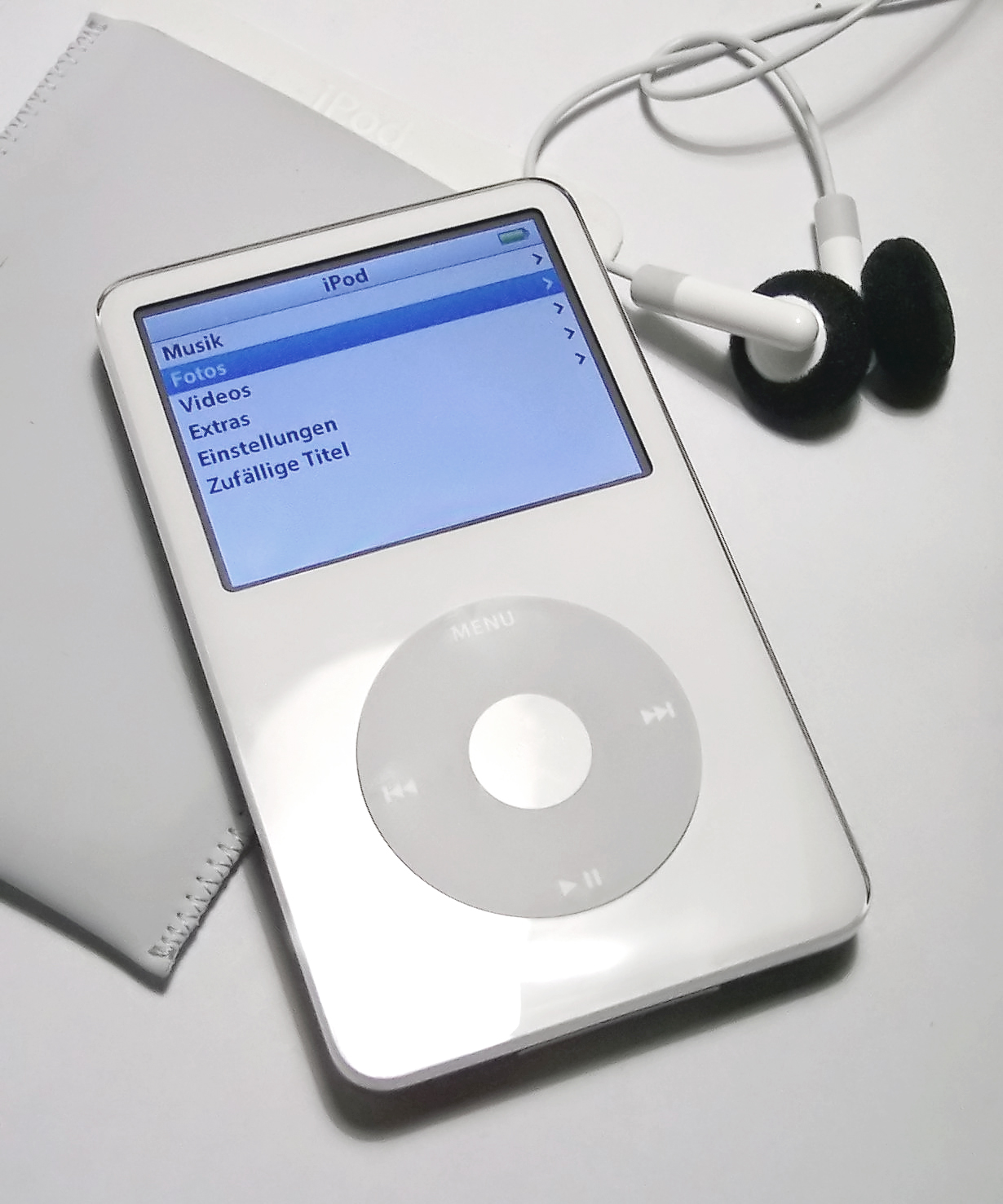
Photo by Stahlkocher CC BY-SA 3.0
A reading by Susan Pitman, in the ETEC511: Foundations of Educational Technology course, discusses the use of technologies and their impact on child development and well-being. In that article, The Impact of Media Technologies on Child Development and Wellbeing, Susan Pitman mentions both the positive and the negative impacts that electronic media can have on child development and welfare. One key point which stood out for me was that the most vulnerable children are the most likely to succumb to the detrimental effects of technology use. For me this re-enforces the idea that technology use by children should be mediated by adults (teachers, parents, guardians, etc) who are aware of the scope of potential impacts in order to capitalize on the benefits.
In contrast, it is refreshing to see how technology can be utilized to benefit another vulnerable group in our society. A non-profit group, MUSIC & MEMORY℠ is introducing i-pods with personalized music selections to some elderly people in care homes. They have found that this use of technology “can bring residents and clients back to life, enabling them to feel like themselves again, to converse, socialize and stay present” and overall improve the quality of their lives.
If you have a little time, I highly recommend watching this video. The researcher in this video explains how he initially faced resistance to the introduction of i-pods and headphones, because it was assumed that residents would be further isolated. However, the opposite occurred, and the residents actually became more in touch with their own identities and more “alive”.
In general, there is a tendency to disassociate education and the elderly. Particularly, with elderly people who suffer from medical issues such as depression, dementia or Alzheimer’s disease. In Wikipedia education is defined as a “form of learning in which the knowledge, skills, values, beliefs and habits of a group of people are transferred”. Therefore “any experience that has a formative effect on the way one thinks, feels, or acts may be considered educational”. Education has also been defined as a process preparing for complete living and training in behaviour produced through habits (Cole, 1914, pp. 8–9). As demonstrated in the above video, a technology as simple as the i-pod can serve as a invaluable educational tool.
References
Cole, G. Gates. (1914). The definition of education. Holmesville, Ohio: G.G. Cole.
Education (n.d.). In Wikipedia. Retrieved from: http://en.wikipedia.org/wiki/Education
Pitman, S. (2008). The impact of media technologies on child development and wellbeing. OZChild.